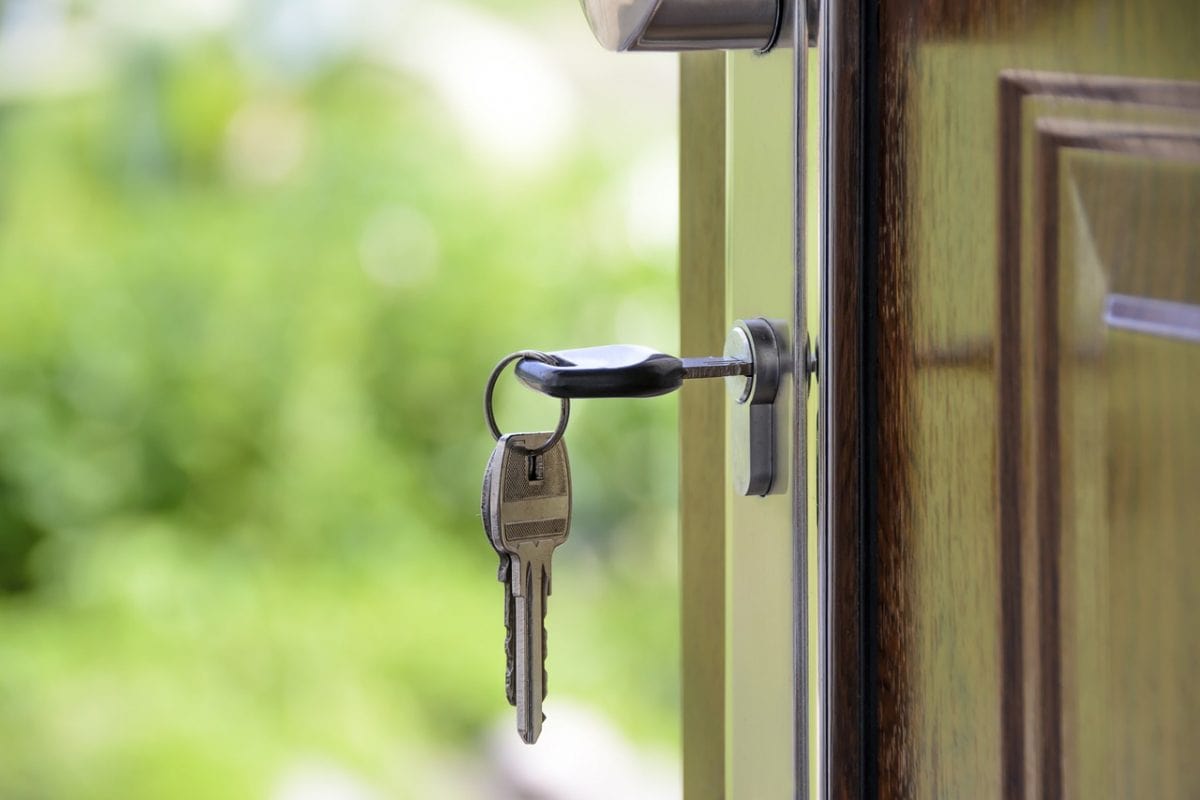Land tax principal place of residence exemption changes
From 1 February 2024, persons who purchase and occupy a property but own less than 25% interest (either solely or combined) will not be entitled to the principal place of residence exemption from the 2025 land tax year onwards, transitional provisions may apply until the 2026 land tax year for existing homeowners and those who purchase a property and claim the exemption by 31 January 2024.
Principal place of residence
You can claim an exemption for land that you use and occupy as your principal place of residence (your home).
The general requirements of this exemption are that you must:
- only claim one exemption per family
- only claim one principal place of residence worldwide
- have continuously used and occupied the property solely for residential purposes before the taxing date
- have used the land for residential purposes
- be a natural person — the exemption does not apply to land owned partly or wholly by a company or held in a Special Trust.
The 2023-24 NSW State Budget announcement introduced an amendment to Schedule 1A of the Land Tax Management Act 1956. Following the amendments, a principal place of residence exemption will only be available to a person/s occupying the property as their principal place of residence who owns an interest of at least 25% in the property, either solely or combined.
The transitional provision provides that, those who claim the principal place of residence exemption from land tax but own less than a 25% interest in the land may continue to claim the exemption for the 2024 and 2025 land tax years. The minimum 25% ownership requirement will then apply to these owners from the 2026 land tax year onwards. The principal place of residence exemption must be claimed by 31 January 2024 for the transitional provisions to apply.
For persons who purchase a property on or after 1 February 2024 and own less than a 25% interest in the land will not be entitled to the principal place of residence transitional provisions, making them liable from the 2025 land tax year.
When applying for the exemption you may need to provide supporting documents such as but not limited to:
- electricity bill showing usage
- gas bill showing usage
- home and contents insurance policy
Council land rates and water rates are not acceptable documents as these do not demonstrate you reside in the property.



